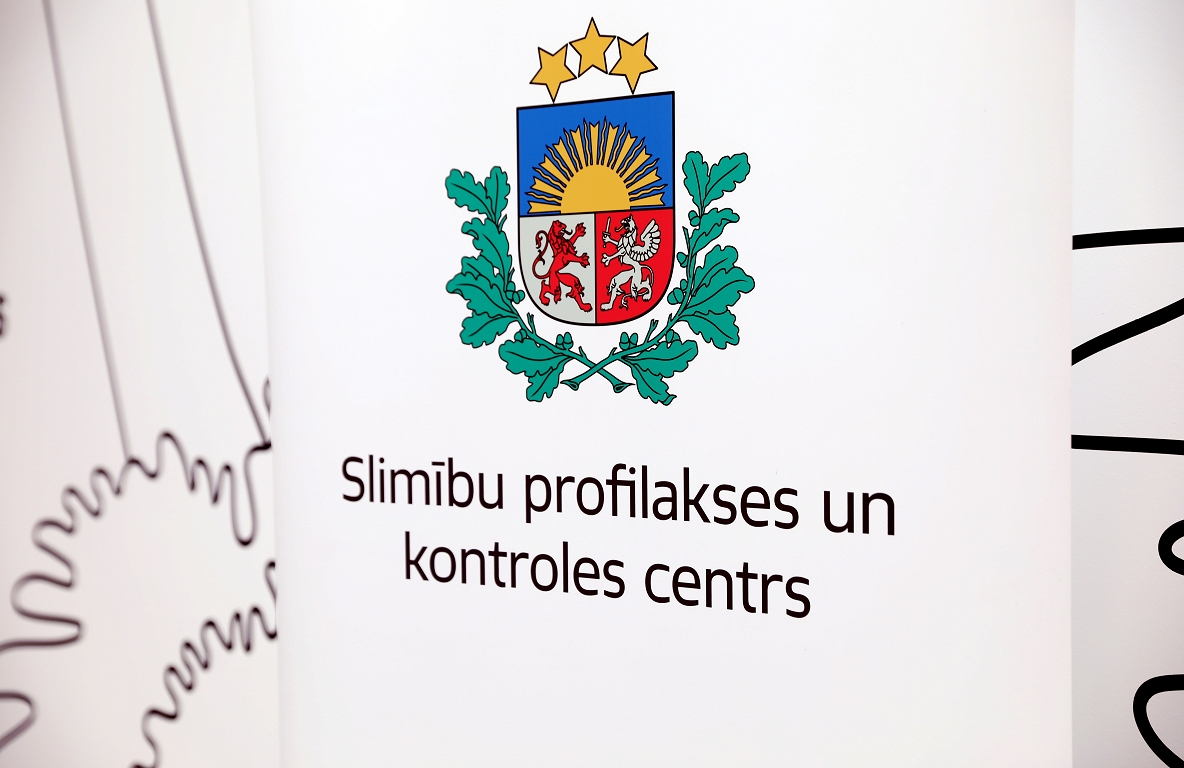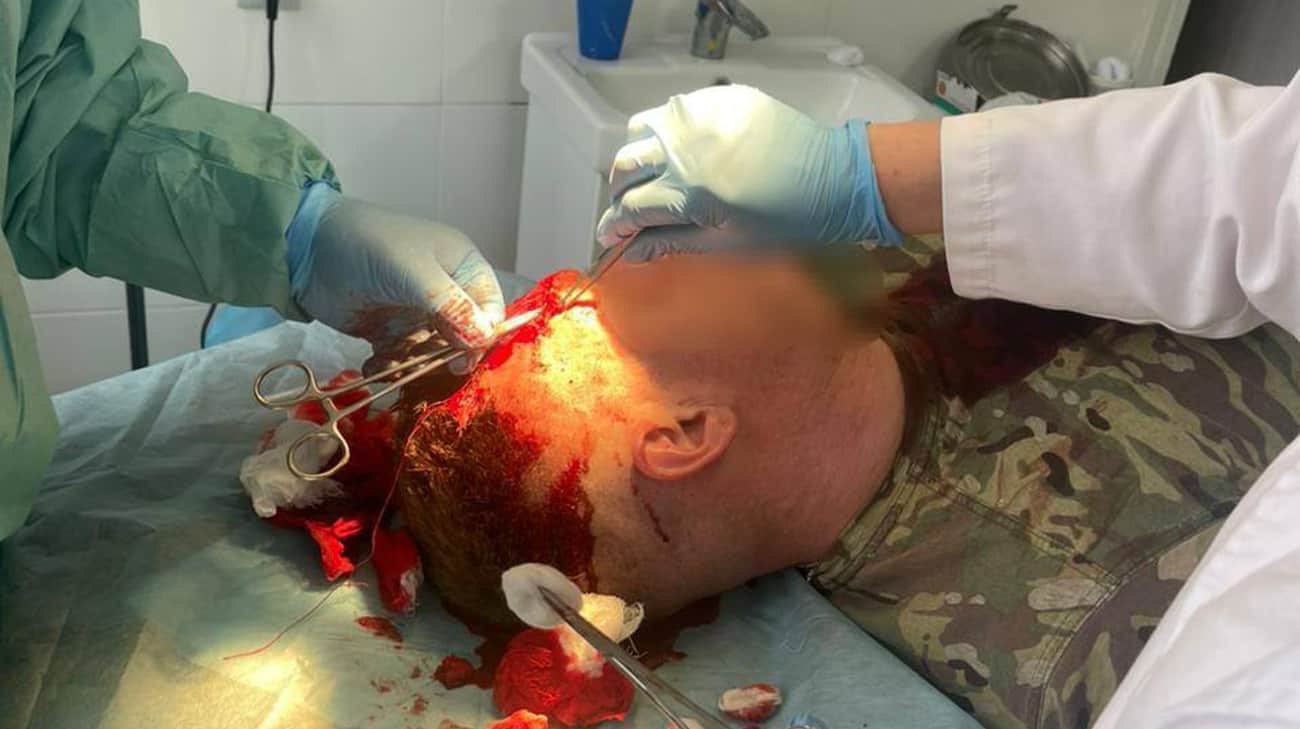SPKC warns of increased risk of infection with measles in several European countries / day

In March this year, measles were recorded in 16 countries. Outbreaks or a significant increase in cases were found in Belgium (Flanders), France and Romania, but sporadic cases have also been reported in Austria, Czech Republic, Germany, Italy, Hungary, the Netherlands, Poland, Portugal, Spain, Spain and Sweden. In Latvia, too, a case of measles was registered in May this year. The affected infected abroad.
Unvaccinated children are particularly endangered by measles in Europe, emphasizing the status of children’s vaccination status and, if necessary, in a timely manner, consulting with the GP. Special attention should be paid to children who plan to travel.
The SPCC draws attention to the highly contagious infectious disease against which an effective and safe vaccine is available for almost 60 years. Despite the possibilities and benefits of vaccination, vaccination coverage in many parts of Europe is still insufficient. With the increase in the number of children, measles outbreaks continue and the infection spreads between countries as a result of human travel.
Between 1 March and 28 February this year, 28,791 measles were reported from the 30 European Union (EU) and the European Economic Area countries. The highest level of morbidity is observed in infants under one year of age and children aged 1 to 4 years. Including 85.8% of the cases registered in non -vaccinated people. 14 deaths have also been reported – 13 in Romania and one in France.
At the same time, the SPCC also reminds you of precautions to avoid the disease with monkeys.
Monkey smallpox is a viral infectious disease that spreads slowly among people, but the disease is possible in close contact with the infected person or the items they use. The virus can also transfer the sexual contact and this is the main way to spread the infection I
On August 14 last year, the World Health Organization announced an international emergency public health situation in relation to the outbreak of monkey Baku in Africa. The decision to announce an emergency was based on the rapid spread of the new type of virus in the Democratic Republic of Congo, which later spread to other neighboring countries.
During this year, a total of 66 countries reported more than 12,000 monkeys in Baku, including 62 deaths.
In 2022, six cases of monkey Baku were registered in Latvia. The SPCC found that in all cases the sources of infection were outside Latvia during an epidemiological examination.
Symptoms of monkey smallpox usually appear within 6-13 days of infection (sometimes up to 21 days), including fever and general weakness, rashes (papules) and ulcers on the mucous membranes, as well as muscle and back pain.
Most of the disease is easy to moderate and ends with a complete recovery within two to four weeks.
Travelers are advised to avoid close physical contact, including sexual contact, with persons who have or may have a monkey infection, including persons with visible skin damage or other monkey Baku characteristic symptoms, avoid contact with objects used by a person with monkeys with monkeys.
The SPCC recommends using an alcohol -containing hand disinfectant to wash your hand, including avoiding contact with wildlife.
If, within 21 days of visiting a high level of mere morbidities or risky contacts, including sexual contact with a person who may have monkey smallpox, the relevant symptoms appear, the SPCC recommends staying home and contacting a doctor.








